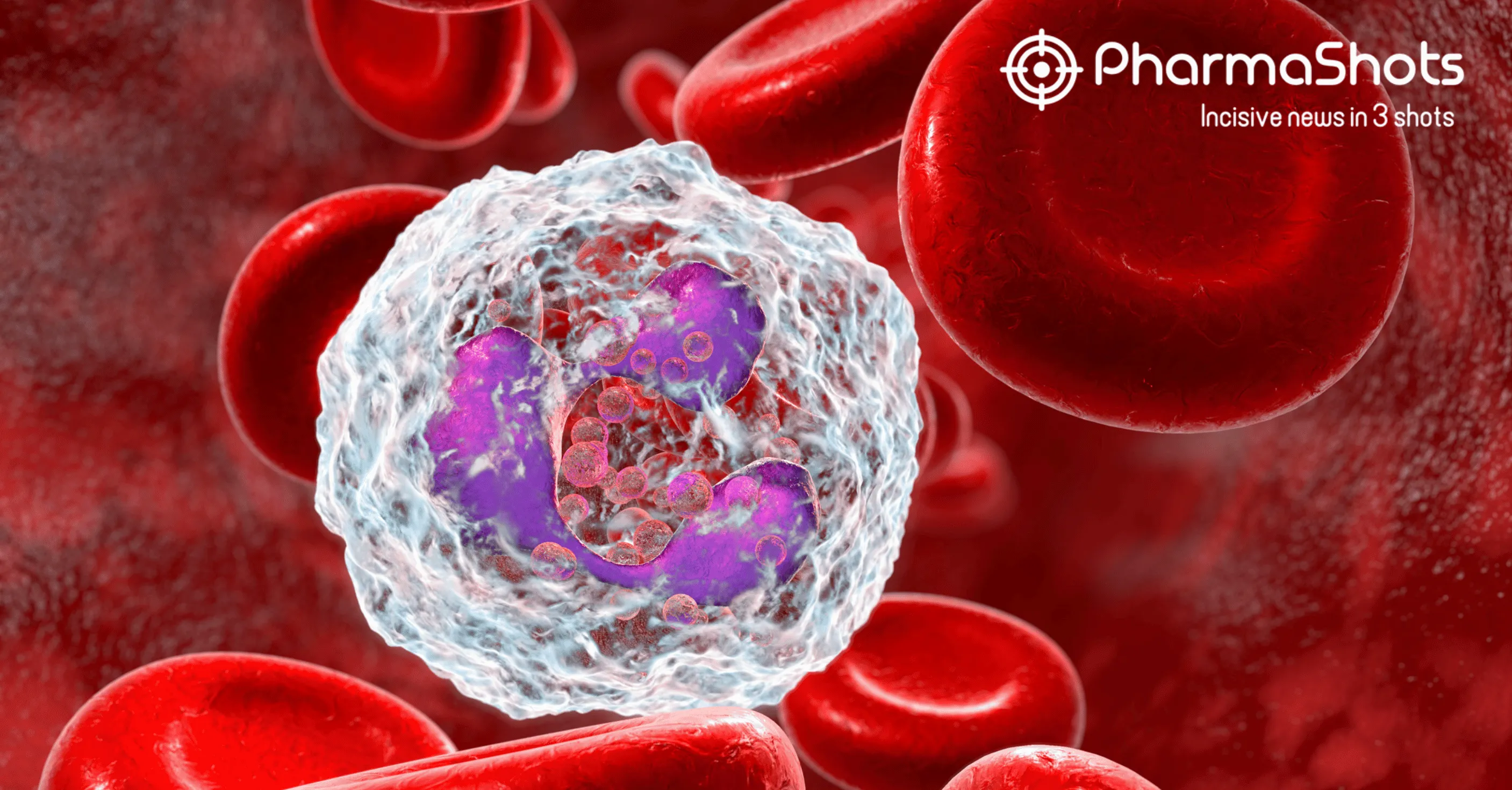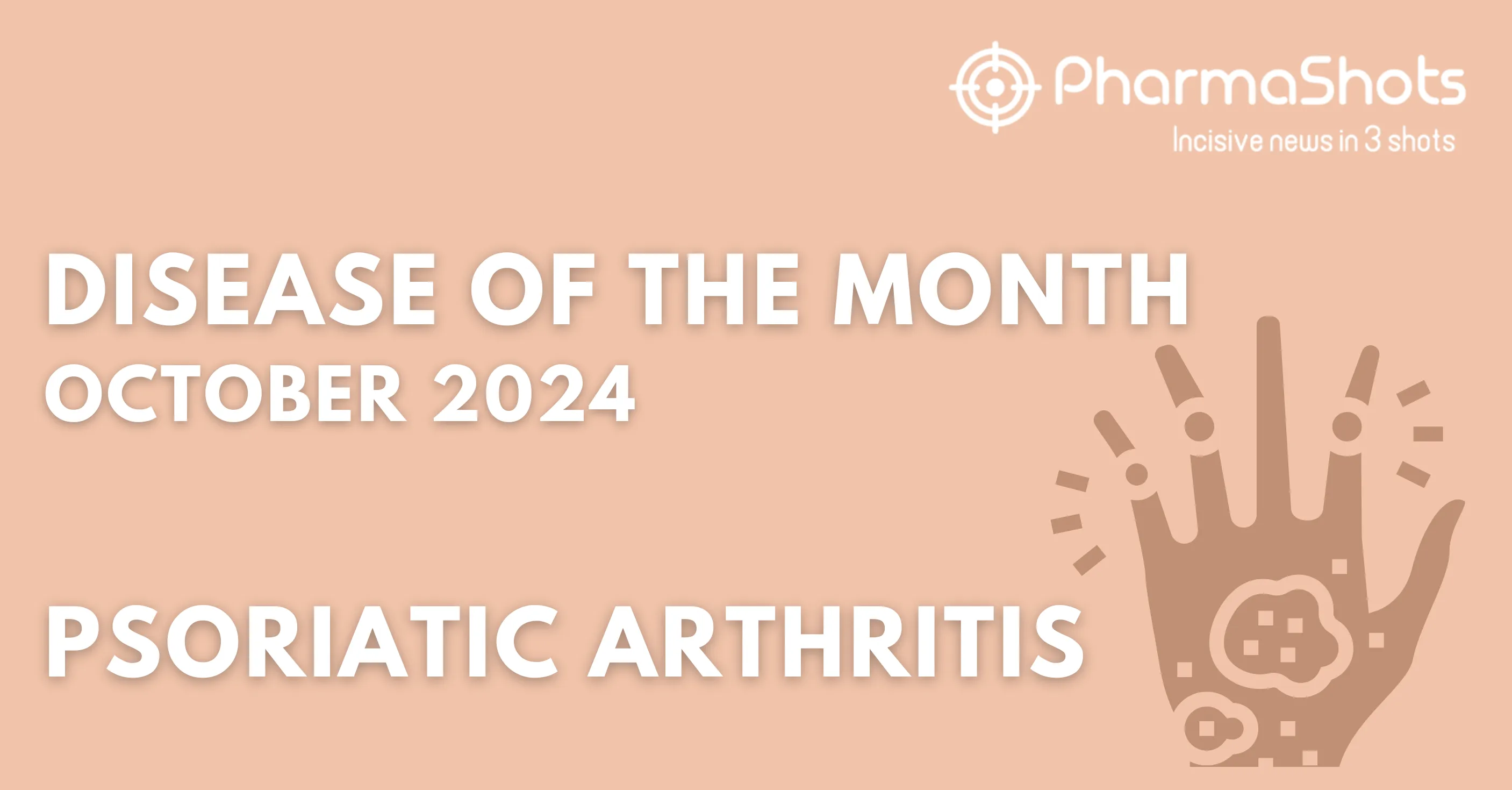
How Lifestyle Changes Can Improve Men’s Health as They Age: Key Strategies for Vitality
Aging is a natural part of life, but it doesn't mean giving up on good health and vitality. Many men worry about heart disease and other chronic diseases as they get older, but there are ways to tackle these concerns. Making small lifestyle changes can significantly improve men’s health as they age, leading to a longer, more fulfilling life. From maintaining a healthy diet to staying physically active and taking care of health with taking right supplements such as the ones from Ben's Natural Health, these adjustments can make a big difference.
Mental health is just as important as physical health, especially for older adults. Keeping the mind sharp through stimulating activities can reduce stress and promote a sense of well-being. Regular health screenings are also key to identifying potential issues before they become serious.Incorporating these changes into daily routines is not difficult.
Key Takeaways
- Lifestyle changes can improve men's health as they age.
- Mental and physical well-being are both crucial for healthy aging.
- Regular health screenings help prevent chronic diseases.
Lifestyle Modifications for Healthy Aging
Adopting certain lifestyle changes can significantly enhance men's health as they age. Key focus areas include nutrition, physical activity, weight management, and sleep quality, all of which play crucial roles in maintaining good health and preventing age-related issues.
Balanced Diet and Nutrition
A well-balanced diet supports a healthy lifestyle and can help prevent chronic diseases. Incorporating whole grains, fruits, vegetables, fish, and olive oil is crucial for cognitive function and longevity. Embracing a Mediterranean diet, rich in these components, is beneficial. Limiting processed foods and sugar intake further supports health. Adequate nutrition also plays a role in maintaining testosterone levels, impacting sexual function and libido. Foods rich in antioxidants contribute to reducing inflammation and stress, improving overall well-being.
Exercise and Physical Activity
Regular exercise is vital for maintaining muscle mass and reducing the risk of heart disease. Physical activity can boost metabolism, support healthy weight, and improve libido. It also helps manage stress and enhances cognitive function. Combining cardiovascular workouts with strength training is effective for muscle strength and bone health, helping to combat osteoporosis. Exercise can also maintain or boost testosterone levels, contributing to a vibrant lifestyle. Whether through sports or walking, staying active is key to healthy aging.
Weight Management
Maintaining a healthy weight is essential for aging well and preventing obesity-related diseases. A balanced diet rich in fruits, vegetables, and lean proteins can prevent weight gain. Regular physical activity supports a healthy metabolism and aids weight management. Weight control is linked to reduced risks for chronic diseases like diabetes and heart disease. Monitoring portion sizes and limiting unhealthy snacks can prevent unnecessary weight gain. Proactive weight management leads to improved energy levels and can bolster self-esteem as well.
Sleep and Recovery
Quality sleep is crucial for overall health and can affect fatigue levels and hormone balance. Adequate rest supports cortisol regulation and helps maintain testosterone levels, which are important for energy and sexual health. Establishing a consistent sleep schedule aids cognitive function and stress reduction. Sleep supports recovery from physical exertion, which is vital for muscle and bone health. Practices like turning off screens before bed can improve sleep quality, ensuring the body and mind are well-rested.
Health Management and Preventive Measures
Regular health management and preventive measures are crucial for improving men's health as they age. Focus areas include screening for diseases like colon and prostate cancer, managing mental health concerns such as depression and stress, and adopting healthier lifestyle habits like reducing smoking and alcohol consumption.
Screening for Common Diseases
As men age, regular health screenings become essential. Conditions such as heart disease, colon cancer, and prostate cancer are more common, necessitating timely check-ups. Visiting a primary care doctor for blood pressure checks, diabetes screenings, and cancer tests can lead to early detection and better management of these problems.
A typical screening schedule includes annual or biennial tests depending on personal and family history. Men over 50 are often recommended for colon and prostate health screenings. Those with a history of smoking might undergo lung cancer screenings.
Managing Mental Health
Mental health is as crucial as physical health. Age can bring higher risks of issues like depression and stress. Monitoring symptoms and talking openly with healthcare providers can help manage these conditions effectively. Steps like therapy, medication, or self-care practices are beneficial in sustaining mental well-being.
Depression and dementia can affect men as they age. Cognitive function may decline, highlighting the importance of mental health care. Regular activities that stimulate the mind can preserve memory and overall brain function.
Lifestyle Habits: Smoking and Alcohol Consumption
Lifestyle habits play a significant role in health management. Reducing or eliminating smoking and moderating alcohol intake can lower the risks of lung cancer, heart disease, and liver disease. Smoking cessation programs provide support for those looking to quit, while limiting alcohol can decrease the chances of developing related health issues.
Men should monitor these habits closely, especially if they have a family history of related diseases. Setting small, achievable goals can help make healthier lifestyle changes more manageable. Engaging in supportive communities or counseling might aid in maintaining these new habits for the long term.
Conclusion
Aging brings changes in men's hormonal and metabolic systems. Simple lifestyle modifications can help maintain health and vitality. Eating a balanced diet rich in fruits, vegetables, and whole grains is vital. Regular exercise supports muscle mass and strength.
Reducing stress and improving sleep are also important. Lifestyle changes can have lasting impacts on health and well-being as men age.
Related Post: Finding the Perfect Branding Partner for Your Biopharma Company
Tags

Evans James is a guest writer at PharmaShots. He has a flair for writing engaging content and loves to explore new places.













